In the 21st century, the most valuable commodity isn’t oil or gems or precious metals. It’s information. If you’ve ever pondered – and judging by the state of things, most people haven’t – just how a company like Facebook is worth billions and billions of dollars despite apparently having no tangible product, it’s because they actually do have a product. You. Or more accurately, your personal information. Facebook may have started as a social networking platform, but it’s long since outgrown that. Now, it’s a personal data mining company, pure and simple.
The stark reality of this is slowly starting to be known, and it will only snowball from here thanks to a UK-based firm called Cambridge Analytica. This company’s devious methods, combined with Facebook’s aggressive inattention, allowed the personal data of some 50 million people – without their knowledge or consent – to be harvested and used for purposes ranging from selling ads to meddling in elections. Various media outlets have reported that this data harvesting was used to tailor political ads to influence the electorate – and that it happened in not only the United States, but also countries like Brazil, Mexico, and right here in Malaysia, too, a revelation that was confessed by Cambridge Analytica execs in a secret recording.
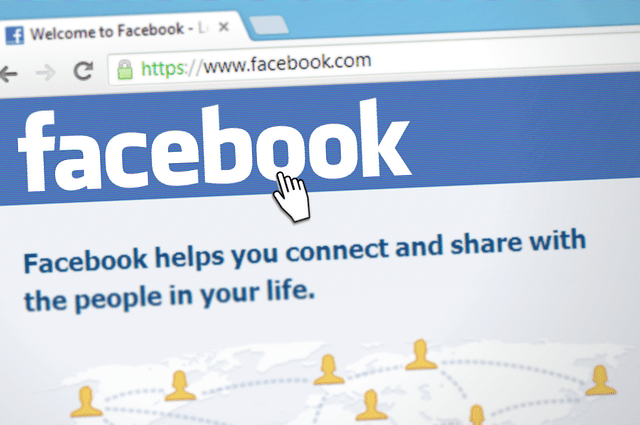
Despite being known for two years, as well as being discussed in real time during the 2016 US Presidential election, Facebook is only just now addressing the growing scandal, and it seems increasingly likely that before it’s all over, we’ll see governments stepping in to regulate and control the world’s largest social network (err… data collection) platform.
Sorry/Not Sorry
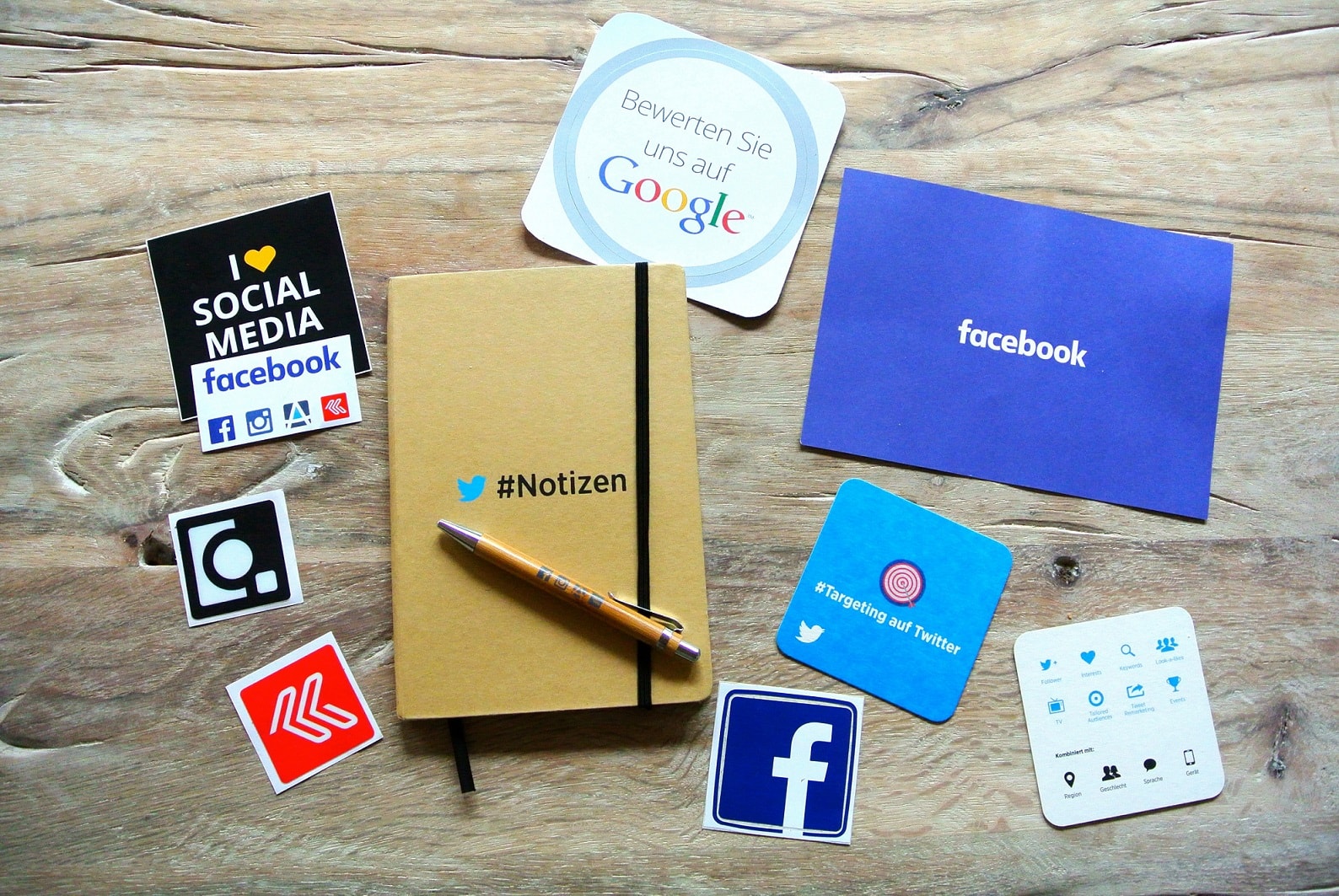
This isn’t the first breach in Facebook’s history; not by any means. Each time, they offer a contrite apology, say it’s unacceptable, and promise to do better. This time, CEO Mark Zuckerberg has even said they’d be willing to accept the ‘right’ regulation – whatever that means. But really, why should any of us believe them? After all, Facebook’s very business model is to control – and then sell to advertisers – carefully targeted connections to the most extensive collection of personal data in human history, drawn from a pool of literally billions of people.
Right now in California, a ballot initiative is underway to require a measure of transparency of such data tech companies, and dictate how they collect users’ information and how that data can be used. It would require companies to disclose everything and allow consumers to opt out.
Unsurprisingly, Facebook – along with other tech companies built on data – is vigorously fighting this initiative, hoping to prevent it from ever reaching the ballot. Facebook alone has sunk US$1 million into a political action committee whose goal is to prevent Californians from voting on such a measure.
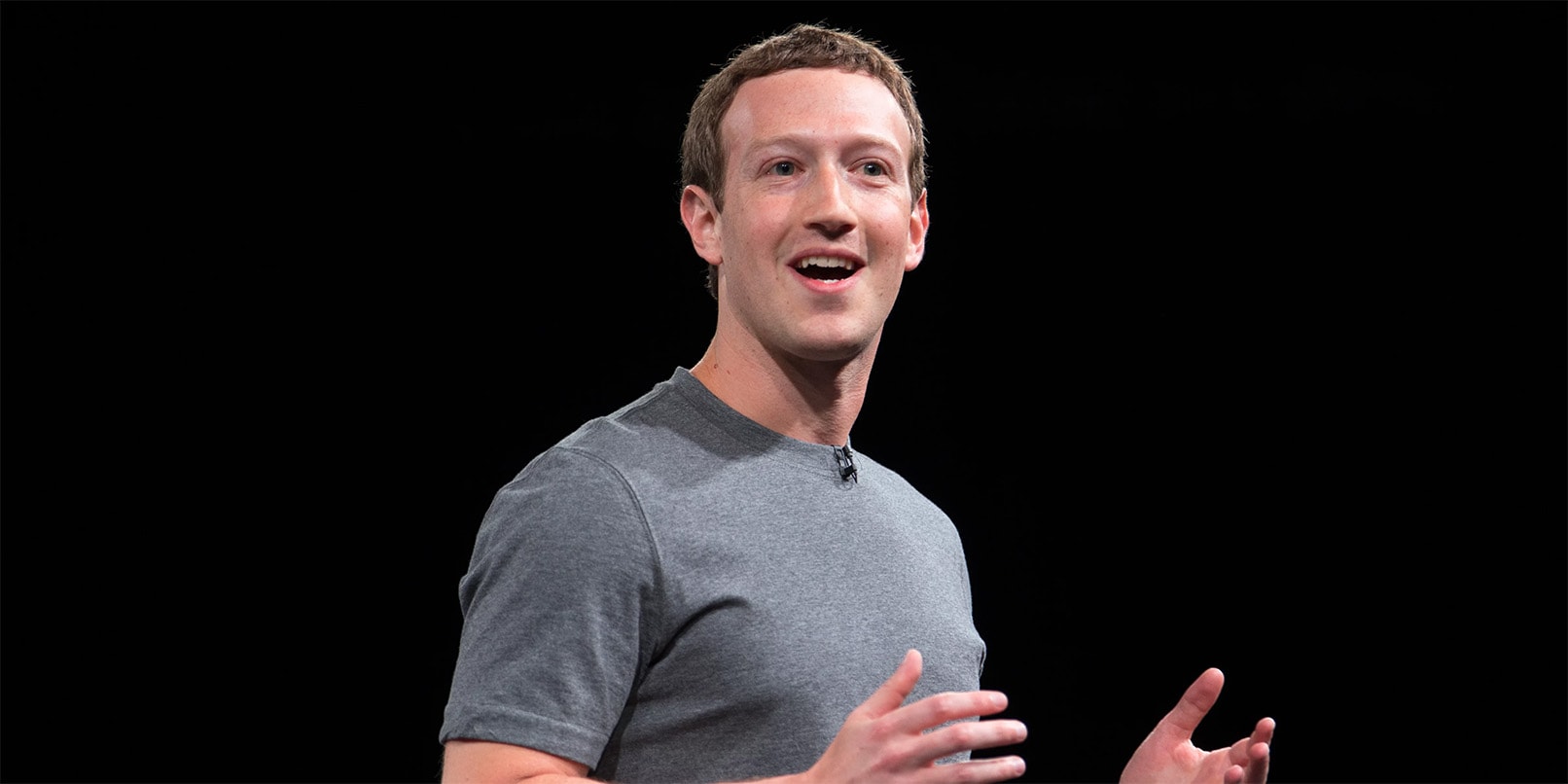
The reason for this initiative in the first place, according to an in-depth article by NBC News, is pretty alarming. In their words, “Facebook knows everything about you — more than even your closest friends and family members — and not just the information that you may choose to post to your personal profile. They know many of the websites you visit, all the sites you are forced to sign into using your Facebook information, the drafts of posts you delete, what music you listen to, and where you are at all times of the day when the app is open. And there’s no simple way to find out what all they know, with whom they share it, or how to change or stop it.” (emphasis ours)
It’s this massive volume of data that Facebook is able to amass on every one of its active users – combined with your very limited ability to stop them from collecting it – that explains why a staggering 89% of all new advertising is going to data-collecting companies Facebook and Google.
Lurking in the Shadows
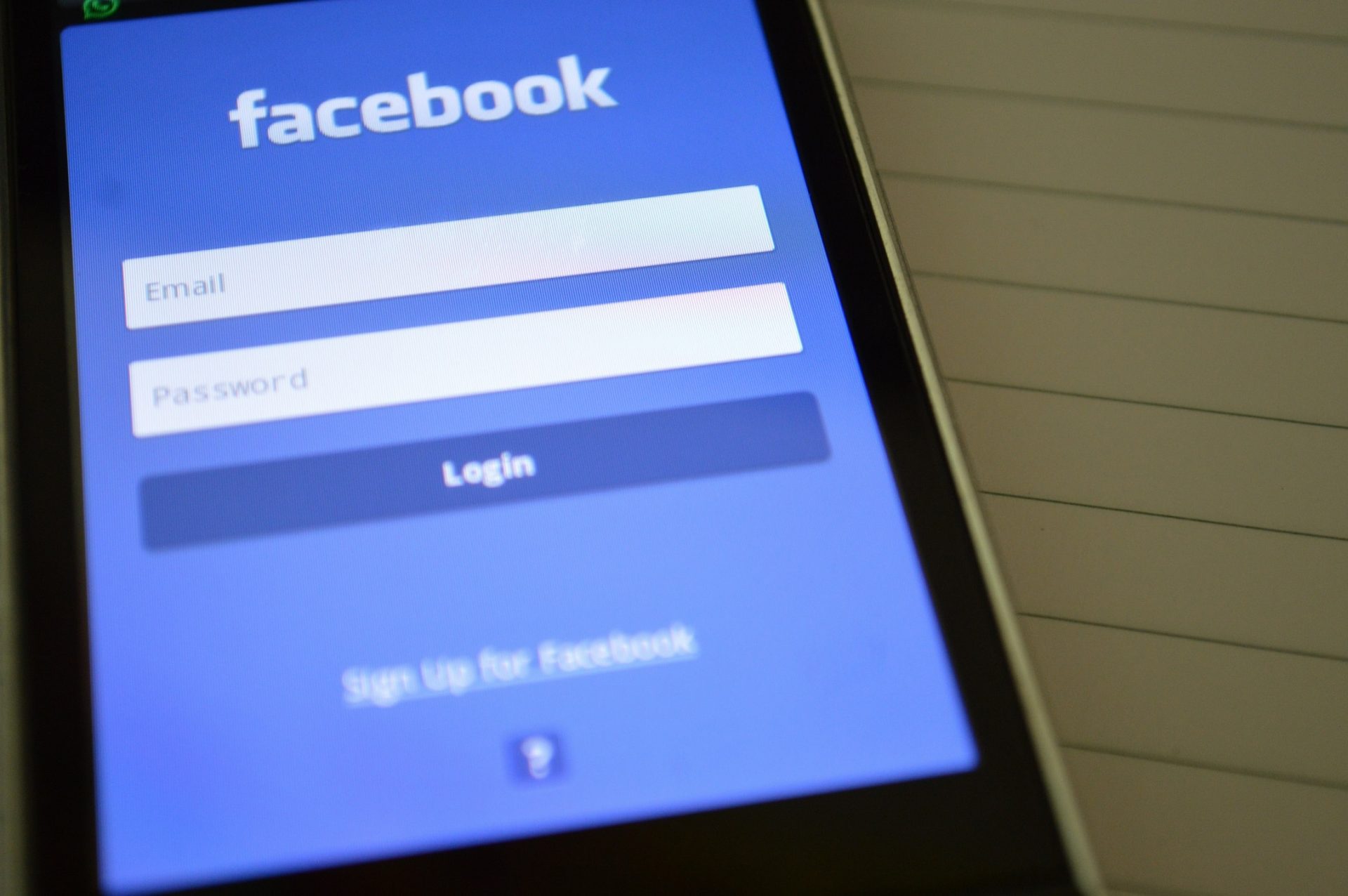
Facebook has been particularly resistant to embrace any measure of voluntary transparency in the past, which is why their current crocodile tears aren’t swaying many of their critics. For instance, they refuse to disclose how they gather information on users, how their friend recommending system works, or even how many political ads were bought and placed by Russian operatives in the Americans’ election. They often say it’s because they want to protect trade secrets, but a greater truth might lie in the simple fact that the more people know about and understand how Facebook actually operates, the less they’ll like it.
The Cambridge Analytica scandal was broken by The New York Times and The Observer (London). After the exposé, Facebook made a quick announcement that it was suspending Cambridge Analytical, despite having known about their data-harvesting activities for two years, and denied that this was in any way a ‘data breach.’
An op-ed run in The New York Times found no technical error in that statement, but felt it was something far more troubling than an outright breach, calling it “an all-too-natural consequence of Facebook’s business model, which involves having people go to the site for social interaction, only to be quietly subjected to an enormous level of surveillance. The results of that surveillance are used to fuel a sophisticated and opaque system for narrowly targeting advertisements and other wares to Facebook’s users.”
A Hashtag is Born
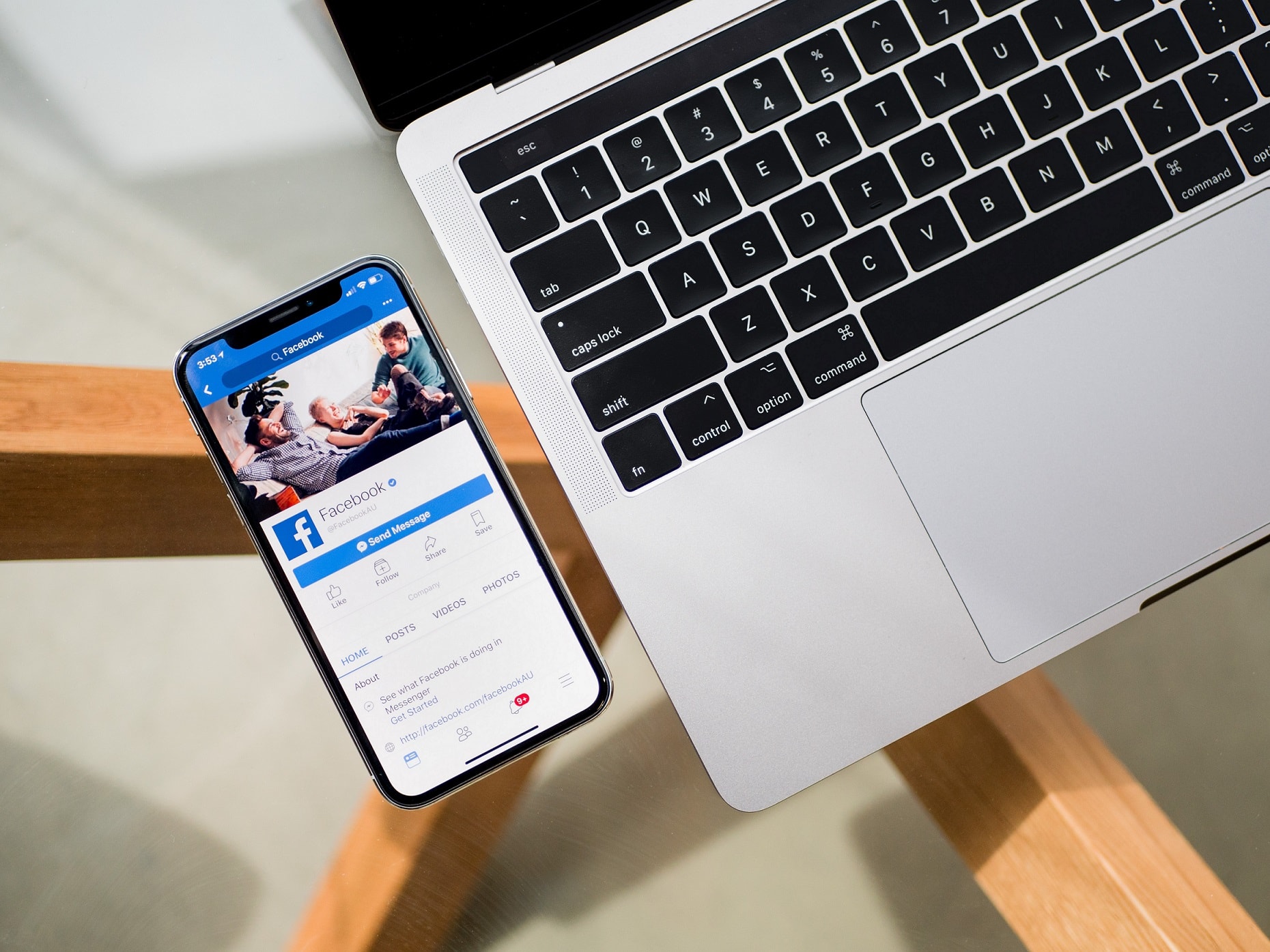
In the wake of the brewing scandal, which we assume will only grow, Facebook’s stock has taken a significant hit – down 20% from its all-time high in February – which should not come as a surprise. Zuckerberg himself is said to have lost $9 billion in two days, as most of his wealth is held in Facebook stock. Time will tell if this is just a temporary blip, or whether it’s indicative of what will be a sustained decline in the stock’s value. Money magazine reports that it will likely be the latter.
Also not especially surprising is that the #DeleteFacebook hashtag is trending in a big way now, with even the co-founder of WhatsApp weighing in, saying, “It’s time. #DeleteFacebook” He’s not entirely alone, either. Billionaire entrepreneur Elon Musk directed that Facebook pages for Tesla and SpaceX be deleted, noting that he was unaware that the pages existed, and pointedly saying, “Just don’t like Facebook. Gives me the willies. Sorry.” Musk himself says he has never used Facebook personally.
However, simply quitting Facebook is, for many people, easier said than done. This Vox article goes into detail about how some people have their digital lives so intertwined with Facebook, that leaving the social media platform would cause considerable disruption for their lives, their studies, their jobs. It also makes the case that there are some good things about Facebook, and that perhaps quitting it completely isn’t entirely necessary.
If you are, however, among those who really want to put Facebook in your past, it’s important to know that your life won’t suffer for it. In fact, with studies showing that the core functions of Facebook generally make people feel more lonely and unhappy, things may actually improve for you! In late 2017, even Facebook’s in-house research teams concluded that using Facebook the way in which people typically use it in real life had negative effects on their happiness and well-being. There are loads of articles online from people affirming that quitting Facebook (or social media in general) actually made them happier. Here’s just one of them.
For those who do want to wash their hands of their Facebook dependence, it’s important firstly to understand the difference between deactivating your account (which is relatively easy) and actually deleting it (which is maddeningly difficult). If you aren’t sure about permanently deleting your account – an understandable decision if you’ve spent many years on the site – there are fairly easy steps you can take to reduce the sheer volume of personal data Facebook collects on you. This article details those steps and the reasons for taking them, but in a nutshell, keep these things in mind:
- Don’t use Facebook to sign in to other apps.
- Be extra mindful of who you ‘friend’ on Facebook.
- Don’t let other people post to your timeline.
- Share very selectively and disable the location tagger.
- Be less prolific in your ‘likes’.
As tech giants like Facebook come under greater and more critical scrutiny, particularly in the wake of the growing Cambridge Analytica fiasco, it seems increasingly likely that governments will be stepping in and imposing stricter regulations and protections for users. The Federal Trade Commission in the US has already confirmed they have opened an investigation into Facebook’s data collection practices. Part of the probe will determine if Facebook violated the terms of a 2011 settlement related to how they shared (sold) data to third parties without users’ express, explicit consent, which was most definitely not the case with Cambridge Analytica. With a potential 50 million violations at US$40,000 each, Facebook could be looking at some truly staggering fines. This is probably the most serious crisis Facebook has faced, and it seems likely that it will get worse before it gets better for them. Stay tuned: your Facebook experience may soon be changing – and hopefully for the better.
"ExpatGo welcomes and encourages comments, input, and divergent opinions. However, we kindly request that you use suitable language in your comments, and refrain from any sort of personal attack, hate speech, or disparaging rhetoric. Comments not in line with this are subject to removal from the site. "






















